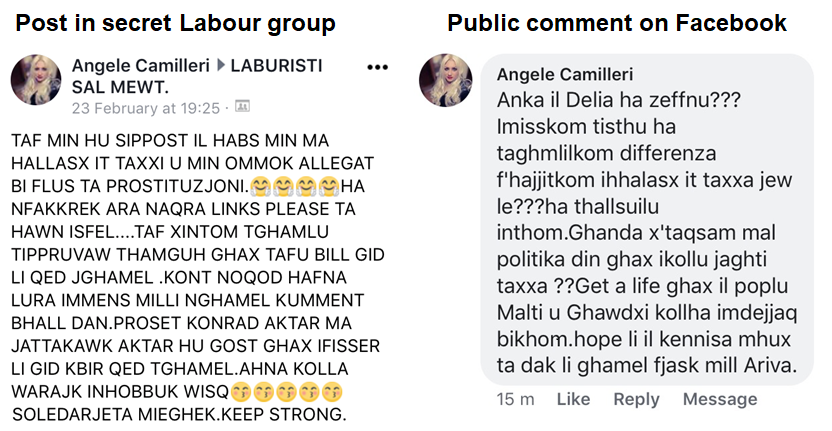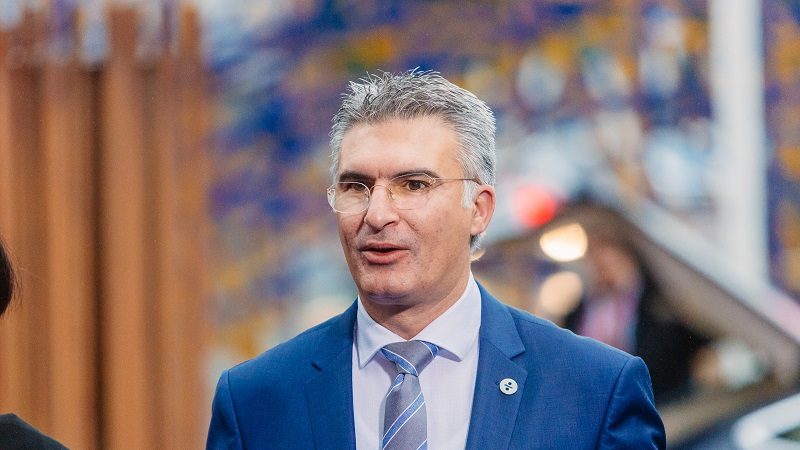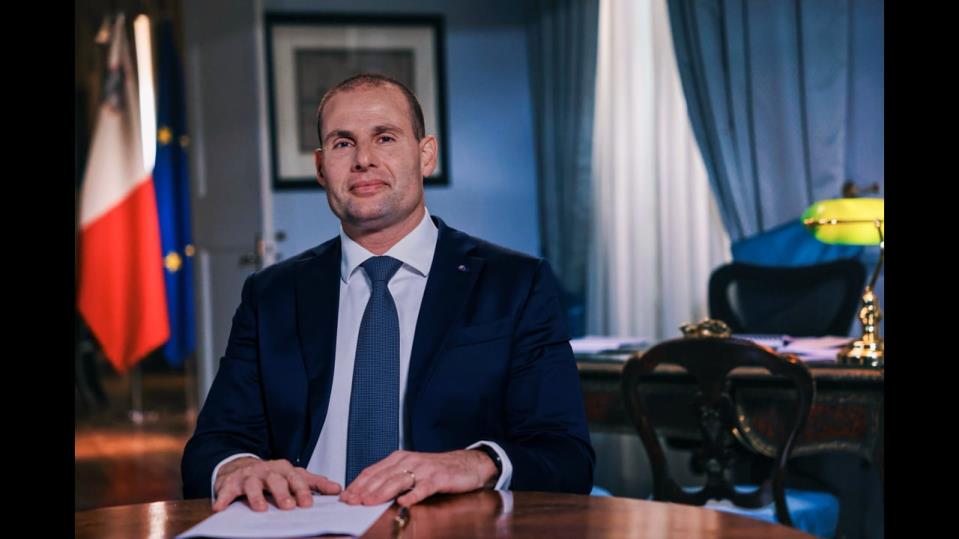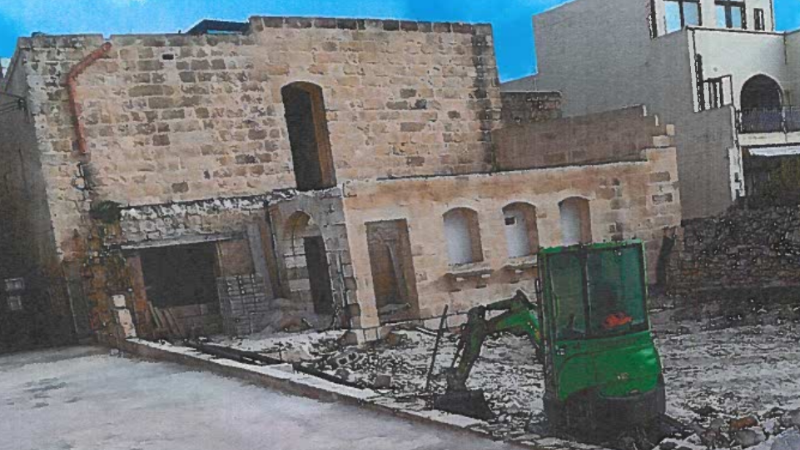Foreign Affairs Minister Carmelo Abela instructed public employees to build and install a wooden veranda for the roof of Abela’s private residence in Żejtun in spring 2015, The Sunday Times of Malta reported.
Abela has acknowledged the work done, except he shifted the blame to his wife even though he admitted to being involved in the decision. The work was done by staff at the Home Affairs Ministry while he was head until 2017.
He is refusing an inquiry saying an internal one was done, and Prime Minister Joseph Muscat has backed him.
In what is a scandal deserving of Abela’s resignation, the Nationalist Party (PN) took two full days to call for Abela’s resignation. It took another day for PN leader Adrian Delia to tweet about it, asking for a response from Abela and Muscat.
Compare the PN’s feet-dragging to the Labour Party’s determined hounding of former PN Gozo Minister Giovanna Debono, whose husband and former employee Anthony Debono stands charged with coordinating construction work undertaken by the Gozo Ministry on private property at the taxpayer’s expense.
As Labour Party (PL) pressure mounted on the former Gozo Minister, she was forced out of the PN but held onto her seat, which she lost in the 2017 general elections.
Meanwhile, the whistleblower in Debono’s case was provided full government protection and awarded over €1 million in public contracts.
Labour Party media have a long history of crafting outrage by writing inflammatory headlines, news items and articles designed to ignite a response and drumming it up to its potential.
The 2009 story (later found to be false and defamatory) relating to Tonio Fenech and allegations that works were carried out on his villa as a favour is another example. Eight years later Tonio Fenech won.
The PN has been comparatively silent on corruption since losing the 2017 general elections, which it fought on an anti-corruption platform, to rebrand itself in Delia’s words as a ‘positive’ and ‘strong’ opposition, which is an attempt to address the criticism of the PL on the PN as ‘negative’.
It is to the PL’s credit that it has managed to define the opposition’s strategy, even though it is still bad news in the country’s democractic set-up.
The PN has distanced itself from the anti-corruption fight preferring to talk about ‘bread-and-butter’ issues despite the fact that one of the PL’s pillars of success has been a strong economy. Criticism of the government is based on the corruption that has enabled that economic success.
The PN’s response to the Abela scandal has shown that even in a clear case of corruption involving a senior Cabinet minister it will remain silent, as with the multiple scandals hitting economy minister Chris Cardona.
The PN has still not reacted to the The Sunday Times of Malta’s revelations on 27 May that Cardona took 20 solo “business” trips since February 2014.
One three-night trip to Monaco, coinciding with the Grand Prix there, cost taxpayers €10,951. Cardona has said he has never attended a Grand Prix, which then begs the question on whose behalf he booked that trip? The PN does not seem interested.
Former PN leader Simon Busuttil who is now the PN’s spokesman on good governance – and part of the group relegated to ‘the establishment’ by Delia’s advisers – made a statement about Cardona’s solo “business” trips on 5 June that demanded an explanation.
Delia and Cardona have a pre-existing relationship as both were directors of a company that owned a London property used as a brothel, as revealed by assassinated journalist Daphne Caruana Galizia.
Delia and Cardona resigned their position as company directors after the London Metropolitan Police raided the brothel in Operation Pabail, an investigation into a prostitution racket.
While Delia and the PN remain silent on Cardona, an investigation by The Shift News into Labour’s network of secret and closed hate groups on Facebook, administered by government and Labour officials, uncovered a disinformation campaign to remain publicly and outwardly silent or defensive about Delia, while the Party rubbished him with supporters.
One post in the largest closed and secret hate group ‘Laburisti Sal Mewt’ (Labour until death) from the group’s main administrator, who is also a Labour candidate for the local council elections, describes Delia as someone who should be in prison for tax evasion and living off the proceeds of prostitution, referencing to Caruana Galizia’s reporting on Delia.

At the same time, she was active across Facebook publicly posting comments in support of Delia.
Malta’s political system is built on the two main parties balancing each other out, with the Opposition Leader’s role defined in the country’s constitution. The state even defines impartiality in the Broadcasting Authority in this way – as giving balanced coverage of both parties – although it is failing in this regard, covering the government and Labour Party’s agenda almost exclusively.
The system, as defined by both parties, is evidently flawed. In our bipartisan system we live under the illusion that the Party in Opposition keeps the Party in power in check. But what happens to citizens and their right to know when, in a system created to balance out opposing views, one side stops doing that?












